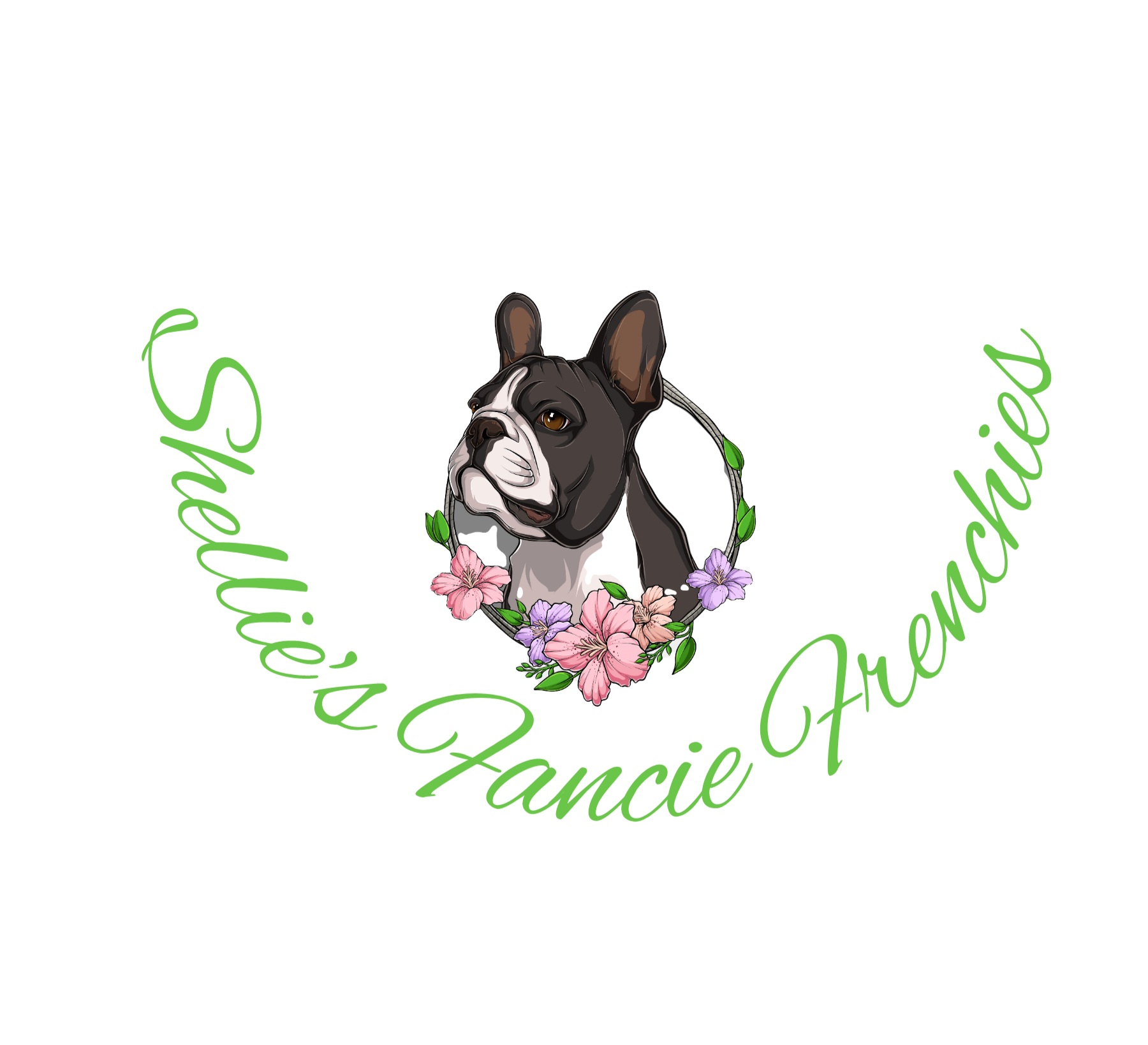Toxicity in Pets
- shelliesfanciefren

- Jan 5, 2025
- 2 min read
The civilized world is home to many chemicals, airborne substances, drugs and plants
that are poisonous to dogs. Dogs and cats, especially puppies and kittens, often ingest
household products. These products can be toxic and thus should be inaccessible to pets.
Many plants around the house or yard are also poisonous to pets if ingested. If this occurs, seek immediate veterinary care.
Depending on the degree of toxicity, some adverse signs may be delayed for hours or days. It is critical for your veterinarian to properly assess the pet before long lasting damage occurs. When dealing with a poison suspect, it is important to know the possible source of the toxin, the amount of toxin and time of exposure. Having the container, package or label on hand will save valuable time and may save the life of your pet.
Signs of illness/toxicity include: drooling, loss of appetite, vomiting, diarrhea, blood in stool, lethargy, brushing, nose bleeds, collapsing, seizures, liver failure, kidney failure, internal bleeding, coma and potential death.
List of potential household poisons include:
Antifreeze
Bleach
Fly/slug/snail bait
Herbal supplements
Stimulants
Antidepressants
Human cold medications
Ibuprofen
Vitamin D
Tylenol
Food to avoid feeding pets are:
Alcohol
Avocado
Chocolate
Coffee
Fatty foods
Macadamia nuts
Moldy/spoiled food
Onions
Garlic
Raisins
Grapes
Salt
Yeast dough
Xylitol sweeteners
Plants may be very pretty, but they are not pet friendly. The most common poisonous plants are:
Azalea
castor-bean
Cyclamen
Foxglove
Kalanchoe
Lilies
Marijuana
Oleander
Sago Palm
Tulips
Yew
Mushrooms
Treatment for a poisoned dog is specific to the poison involved and the symptoms. If the pet just gobbled up poison, the treatment should begin by making the pet vomit per the veterinarian.
One type of poison for which vomiting is often recommended is when the pet has swallowed large amounts of aspirin, blood pressure medications or too many of his or
her own medications. One concern with inducing vomiting is aspiration pneumonia.
Activated charcoal is the universal antidote. It is one of the most effective agents available. It is administered orally and functions by adsorbing toxic compound directly from the gastrointestinal tract.
The pet poison helpline is a 24-hour animal poison control services for pet owners requiring assistance with treating potential poisoned pets. Their number is 855-764-7661.




Comments